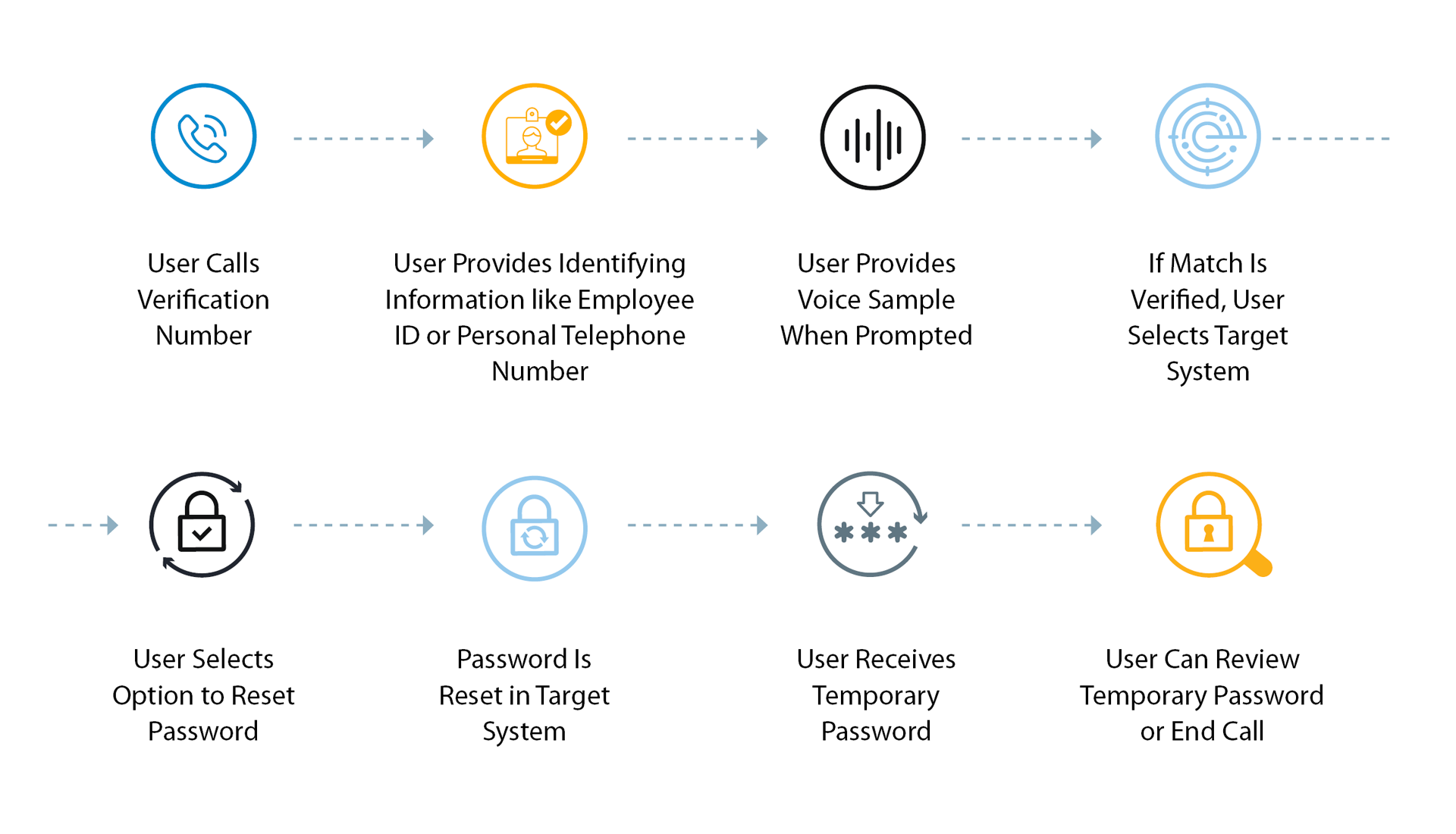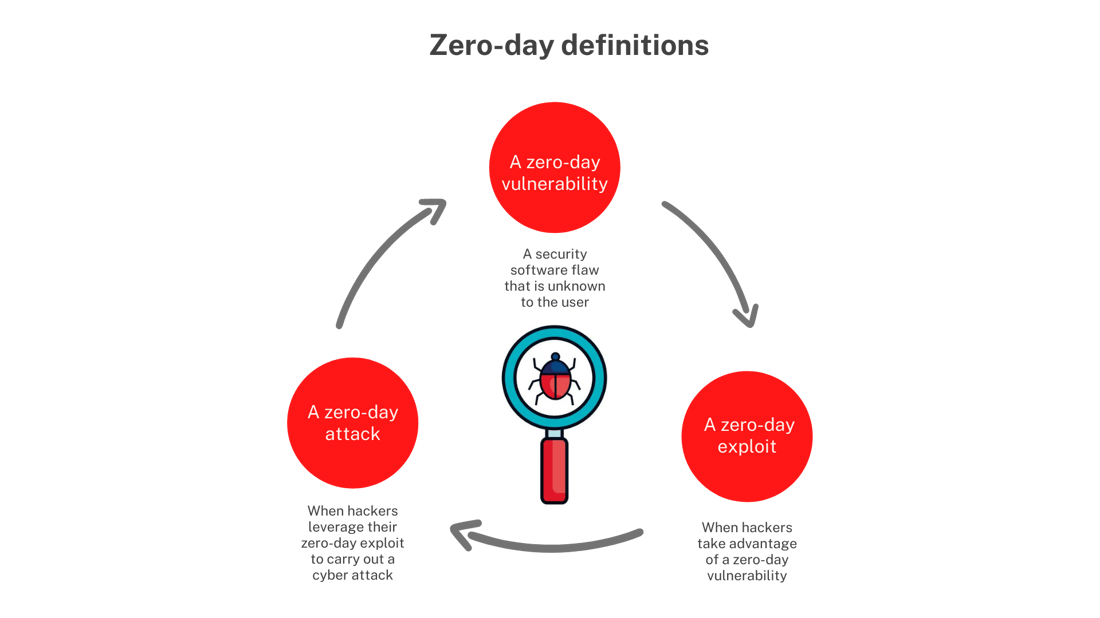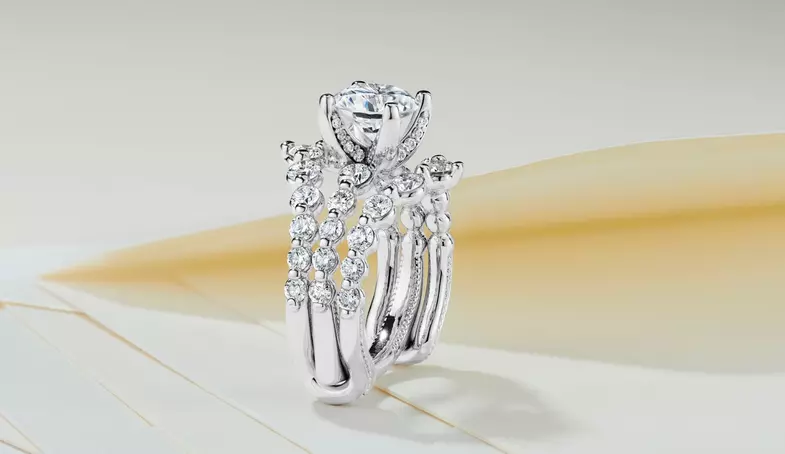What Do Artist Managers Do?
.png) Managers are, in a sense, kind of like some reality tv celebrities to those entering the music industry (metaphorically speaking): they seem to be everywhere but no one know quite what they do. They are, however, far more important than the random people gracing the covers of tabloids who are famous just for being famous. So what the heck do they actually do and why are they so important?
Managers are, in a sense, kind of like some reality tv celebrities to those entering the music industry (metaphorically speaking): they seem to be everywhere but no one know quite what they do. They are, however, far more important than the random people gracing the covers of tabloids who are famous just for being famous. So what the heck do they actually do and why are they so important?
Well, managers do a bit of everything. They are responsible for setting the career plans for theirs artists, representing them to the label, acting as their liaison between the other people working with and for the artist, setting parameters for touring, and doing just about every and anything else that may come up along the way. The manager is the artist’s ally, guide, and confidant and helps to keep them organized and happy no matter what the situation. Depending on the artist, this may mean responding to publicity questions (though also the job of a publicist), seeking a record deal, finding a lawyer, getting the artist out a jail, helping to manage a tour, watching a pet or child, consulting on fashion and hairstyles, securing travel visas, and any other number of odd jobs. The manager keeps the musician’s career running smoothly and oversees everything that happens along the way. He or she must be a problem solver, a business savvy marketer, an image and brand consultant, an industry expert, a creative mind, and an organized assistant all rolled into one extremely important role.
The specific job of an artist manager is a bit hard to define because it can involve so many different things. Still, the manager is arguably the most important person on an artist’s team and can help to make or break a career. In fact, the role of a manager has become increasingly important in recent years (in many cases anyway- but more on that later). If you think this the job for you, you should be a great people person, an excellent problem solver, generally organized and efficient, and also very patient (for dealing with those strange creative types). Managers tend to need to be available around the clock to deal with anything that might come up for his or her artist. Also, managers tend to need to work their way up a very defined career path from intern, to trainee, to assistant, to junior manager, and then finally to manager. This job is a lot of work but it can be one of the most rewarding both as far as achievements and monetary gain. You get to help your artist build and develop every aspect of their career and be directly involved every step of the way. In return, managers tend to earn 15-20% of an artist’s income.
































